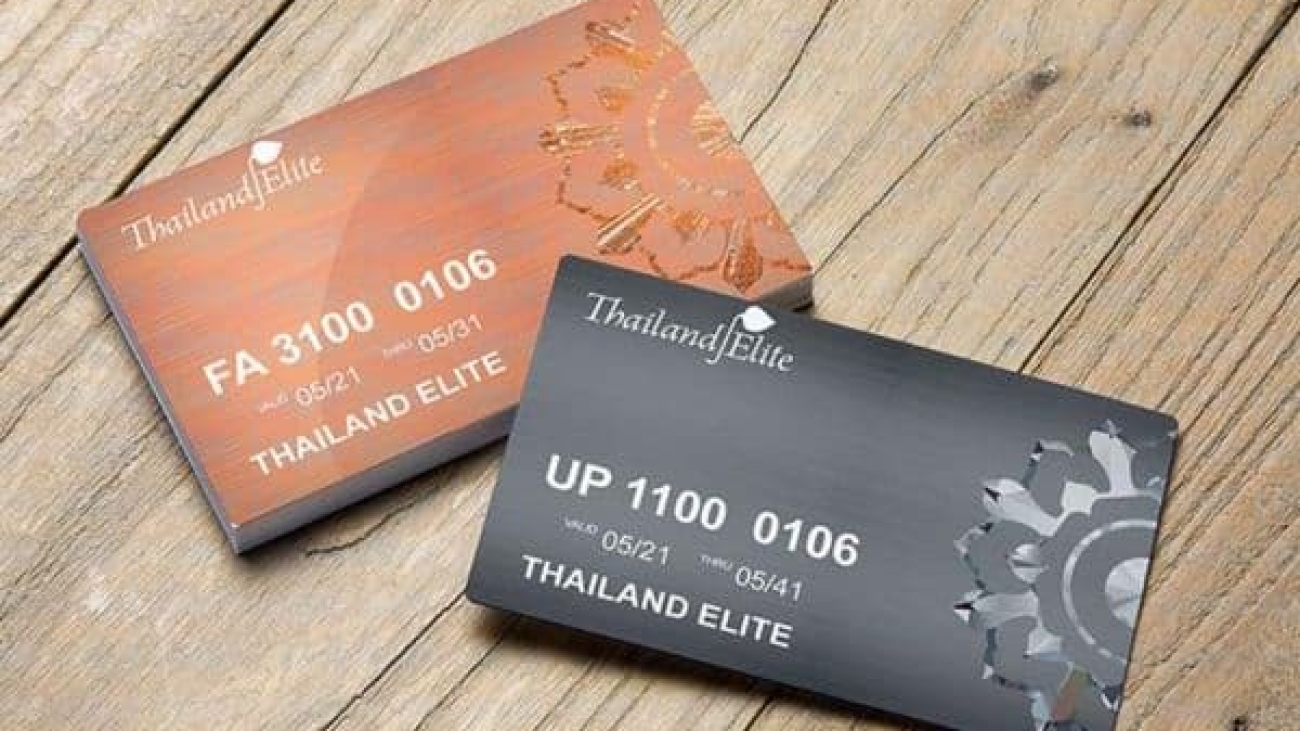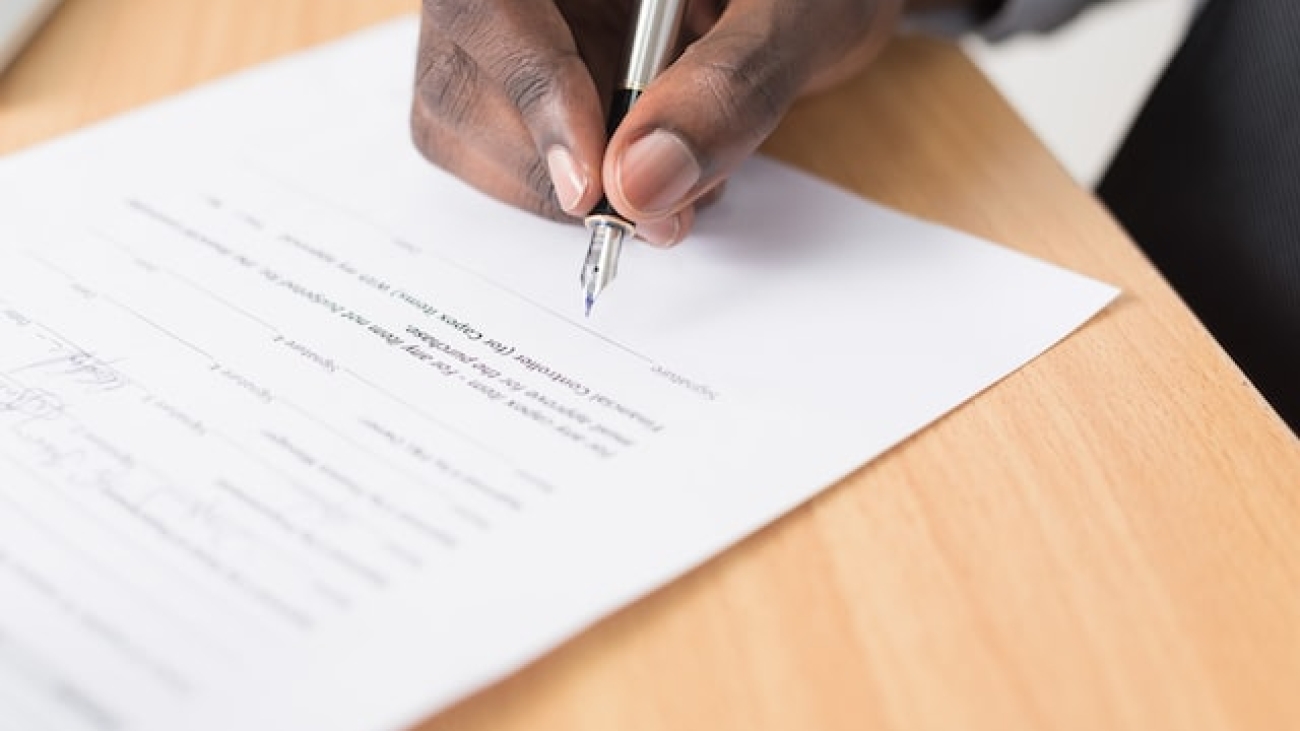Thailand Elite Visa. The allure of Thailand, the “Land of Smiles,” extends far beyond budget backpacking adventures. For those seeking a more luxurious and extended stay, the Thailand Elite Visa beckons. This exclusive program offers a gateway to long-term residency in Thailand, complete with VIP treatment and a plethora of benefits.
What is the Thailand Elite Visa?
The Thailand Elite Visa, also known as the Thailand Privilege Card Visa, is a long-term multiple-entry visa program. Unlike a standard retirement visa, it caters to a broader range of individuals seeking an extended stay in Thailand, including retirees, digital nomads, investors, and even families.
Key Features and Benefits
- Long-Term Stays: The program offers tiered packages ranging from 5 to 20 years, allowing you to choose the duration that best suits your needs.
- Multiple Entries: The visa grants multiple entries throughout its validity period, offering the flexibility to travel in and out of Thailand as needed.
- Fast-Track Immigration: Enjoy expedited immigration clearance upon arrival, saving you valuable time at airports.
- VIP Airport Services: Certain packages include exclusive airport lounges, meet-and-greet services, and limousine transfers.
- Concierge Services: Benefit from 24/7 concierge assistance for everything from restaurant reservations to activity planning.
- Additional Perks: Depending on the package you choose, you may receive exclusive discounts on hotels, spas, golf courses, and other leisure activities.
- No Work Restrictions: Unlike a retirement visa, the Thailand Elite Visa allows for business activities, making it ideal for digital nomads and entrepreneurs.
Who Should Consider a Thailand Elite Visa?
This program is a perfect fit for those who:
- Desire a long-term base in Thailand with the freedom to travel in and out.
- Appreciate VIP treatment and exclusive privileges.
- Want to experience Thailand in style and comfort.
- Seek a visa option that allows for business activities.
Things to Consider
- Cost: The Thailand Elite Visa comes with a significant upfront investment, with membership fees ranging from 5 million Thai baht (approximately $150,000 USD) for the basic 5-year package to a much higher fee for the exclusive 20-year option.
- Not Permanent Residency: The Thailand Elite Visa doesn’t grant permanent residency, but it offers a long-term stay with the possibility of renewals.
Living the Thailand Elite Lifestyle
The Thailand Elite Visa opens doors to a world of luxury and convenience in Thailand. Whether you’re a retiree seeking a worry-free haven, a digital nomad building your business remotely, or a family looking for a unique cultural experience, this program offers an unparalleled way to immerse yourself in the wonders of Thailand.
Ready to Explore the Thailand Elite Visa?
For more information on eligibility requirements, specific package details, and how to apply, visit the official website of Thailand Privilege Card Company Ltd. or consult with an immigration professional specializing in Thailand visas.







